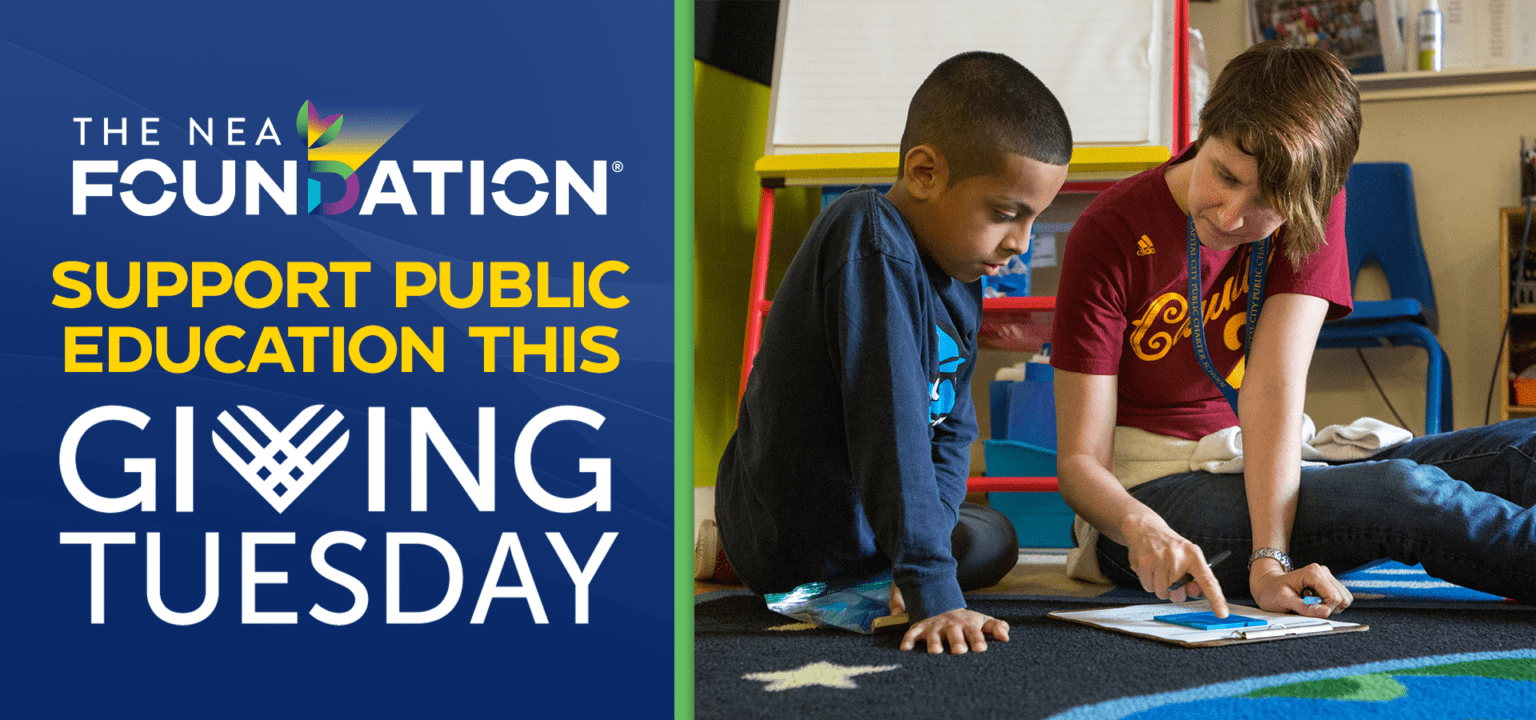This blog series features five educators who will be honored by The NEA Foundation with the prestigious 2016 Horace Mann Awards for Teaching Excellence, $10,000 and recognition as one of the nation’s top educators. They will be celebrated at the NEA Foundation’s Salute to Excellence in Education Awards Gala on February 12, 2016, in Washington, D.C.

In Mohsen Ghaffari’s classroom, studying literature is about more than reading skills. “I strongly believe that I have a responsibility to build interest in reading by introducing great books to my students,” Ghaffari says. “I can teach comprehension, fluency, and interest in good books, grammar, vocabulary, history, humanity, collaboration, social skills, and interaction.”
Ghaffari teaches fifth grade at North Star Elementary School in Salt Lake City, Utah. His students read transformative books, like “Night” by Elie Wiesel, and “To Kill a Mockingbird” by Harper Lee. “Some of my students read two or three grade levels below fifth grade, and some read very well,” Ghaffari says. “But through reading to them, with them, and lots of support, and I teach a love of reading.”
Even though these books can be challenging for fifth graders, Ghaffari knows that his students will find valuable life lessons. “My students learn patience and tolerance by reading ‘To Kill a Mockingbird,’” he says. “They learn how easy it is to destroy one’s life by ignorance and lies. They learn that patience and being humble are virtues that one must have to be successful, but they don’t come easily… Most importantly, they learn to be better learners and better citizens of this world.”

To Ghaffari, student success goes far beyond learning basic facts. “I define success as having and showing interest in their own lives and lives of others,” he says. “My students leave my class having the ability to show empathy and interest in the lives of other human beings. I have always believed that a caring human being will be a successful human being.”
Ghaffari, who grew up in Iran, perhaps knows more about importance of teaching for the global age. Both of his parents attended school for a couple of years before dropping out to begin working. Because of this, his parents worked hard to send Ghaffari and his siblings to school. He dreamed of becoming an educator and giving children the same opportunities his parents gave to him, so he decided to move to the United States.
“I became a teacher because I saw how important the education of a human being is. During my parents’ time, it might have been okay to deny education to a seven year-old girl or a ten-year old boy, and send them to work.”

Photo: Excerpts from a letter by one of Ghaffari’s former students, who is now a high school senior.
But Ghaffari also sees teaching as a great responsibility. “To be a great educator one has to have vast knowledge of child development, poverty, social and emotional skills, and many more tools readily accessible at all times,” he says. But with this responsibility comes great reward as well. “I get my rewards when these students get sad when a book is finished, and happy that we are going to start a new one. I get my rewards years later when a student tells me how I had an effect on their lives.”








